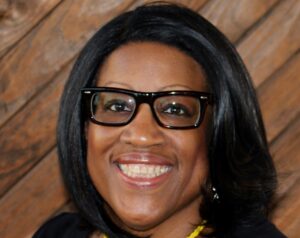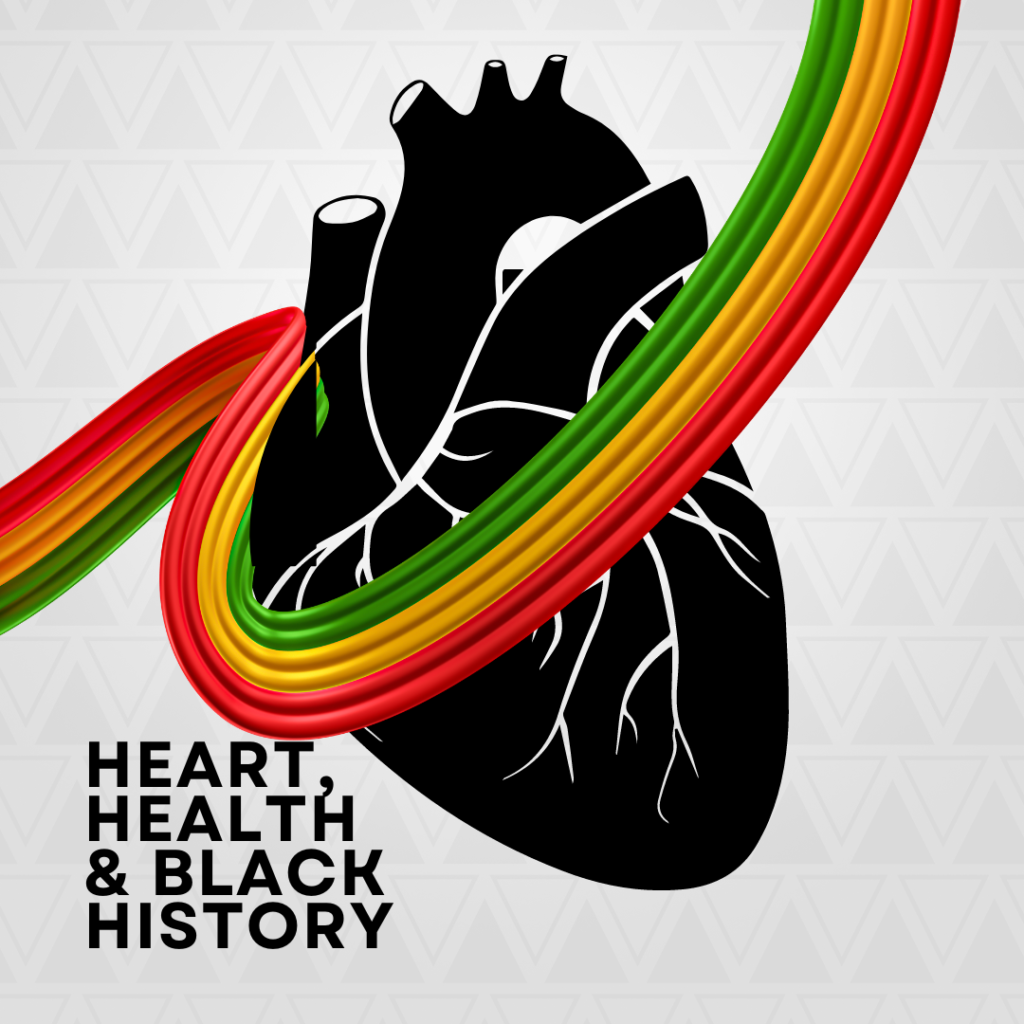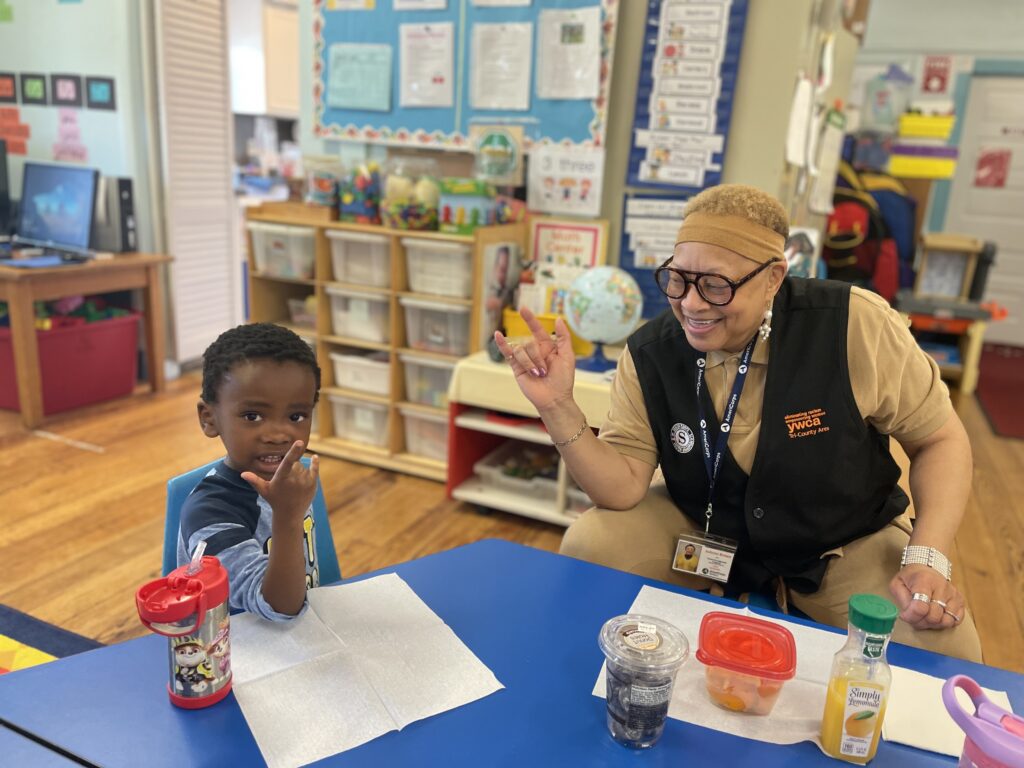Black History Month is a time to honor and celebrate black heritage, black contributions, and the black experience. It is a time for collective awakening, better understanding, and learning. February is also known as the month of love and American Heart Month. What can we discover at the intersection of heart, health, and history?
Black Americans have historically been left behind when it comes to heart health. Although prevention is key, access to knowledge, advocacy and understanding one’s family medical history has been both a barrier and privilege that many Black Americans have not been afforded. Increased access to resources has not alone been successful in overcoming health disparities. Even Damar Hamlin, the Buffalo Bill’s Safety, was unaware of a history of heart conditions in his family, increasing the likelihood of cardiac arrest.
What helps? Acknowledging the intersectionality of the black experience and health inequities, working toward healing generational trauma, addressing barriers Black Americans face with access to health care. Making the connection is essential. Black women suffer from heart disease at exceedingly higher rates than their white counterparts yet are often left out of the conversation. According to the American Heart Association, “nearly 59% of Black women over 20 years of age have cardiovascular disease.”
When discussing Black History, it is vital that we understand the challenges black communities face. Inequitable access to health care leads to heart disease, high cholesterol, diabetes, obesity, and terminal cardiovascular disease. Heart disease kills close to 50,000 African-American women every year, according to the American Heart Association. These deaths can be prevented.
How can we help black women prioritize their health so that they can live longer lives? Speak out, encourage leaders to improve access to health care, echocardiograms, electrocardiograms, blood tests, and other screenings. Support access to nutrition education, healthier food, diet, and exercise. Advocate for better representation and access to preventative care.
Cardiologists all around the world are working diligently to improve heart health and help cure heart disease, but representation matters. A recent article by Joelle Y. Jean in The Nurse Journal looked at Why Representation Matters in Nursing and Healthcare. An analysis of 16 research studies on diversity in healthcare by the National Medical Association “revealed patients have better outcomes when care is provided by a diversified healthcare team.”
In Northern Philadelphia, cardiologist Dr. Deborah L. Crabbe has been in practice for roughly 30 years, specializing in cardiology, echocardiography, women’s heart disease, and the intersectionality of race and gender disparities in cardiovascular health. Dr. Crabbe has dedicated her work and practice to this research. Crabbe earned her MD at Howard University College of Medicine in Washington D.C. and later joined Temple University’s Lewis Katz School of Medicine. There, Crabbe quickly discovered how much African Americans struggled to advocate for themselves, manage care, and navigate health problems.
 Dr. Crabbe is a Professor of Medicine and a member of the Temple Heart and Vascular Institute at the Lewis Katz School of Medicine at Temple University. She has devoted her career toward improving health literacy among everyday women. To this end, she has worked within her institution and local community in the development of programs, which help bridge the gap in cardiac health care for women through research, patient care, education and advocacy. She has developed several women’s heart health initiatives for underserved, low-income, minority women on heart health education at her home institution. Under her leadership, she has developed a collaboration with Womenheart, the national coalition for heart disease in women, the only national organization focused on improving the lives of women living with heart disease. This collaboration has created the Temple Hospital Womenheart chapter, which focuses on providing peer support and heart health education to North Philadelphia women and supporting women’s access to adequate heart health education and support services. She is the founder of the Collaborative for Cardiovascular Health Equity for North Philadelphia (https://cardiovascularequity.org/). The collaborative has the mission of achieving cardiovascular health equity for North Philadelphia women through providing heart health education, supporting programs which increase the diversity of the future health care workforce, and by increasing community engagement and knowledge around clinical research.
Dr. Crabbe is a Professor of Medicine and a member of the Temple Heart and Vascular Institute at the Lewis Katz School of Medicine at Temple University. She has devoted her career toward improving health literacy among everyday women. To this end, she has worked within her institution and local community in the development of programs, which help bridge the gap in cardiac health care for women through research, patient care, education and advocacy. She has developed several women’s heart health initiatives for underserved, low-income, minority women on heart health education at her home institution. Under her leadership, she has developed a collaboration with Womenheart, the national coalition for heart disease in women, the only national organization focused on improving the lives of women living with heart disease. This collaboration has created the Temple Hospital Womenheart chapter, which focuses on providing peer support and heart health education to North Philadelphia women and supporting women’s access to adequate heart health education and support services. She is the founder of the Collaborative for Cardiovascular Health Equity for North Philadelphia (https://cardiovascularequity.org/). The collaborative has the mission of achieving cardiovascular health equity for North Philadelphia women through providing heart health education, supporting programs which increase the diversity of the future health care workforce, and by increasing community engagement and knowledge around clinical research.
YWCA Tri-County Area is dedicated to eliminating racism, empowering women, and promoting peace, justice, freedom, and dignity for all. We honor this local hero during Black History Month and American Heart Month.
To learn more about our commitment to education and the communities we serve visit yw3ca.org.
To access resources that will help you take control of your heart health visit www.heart.org




